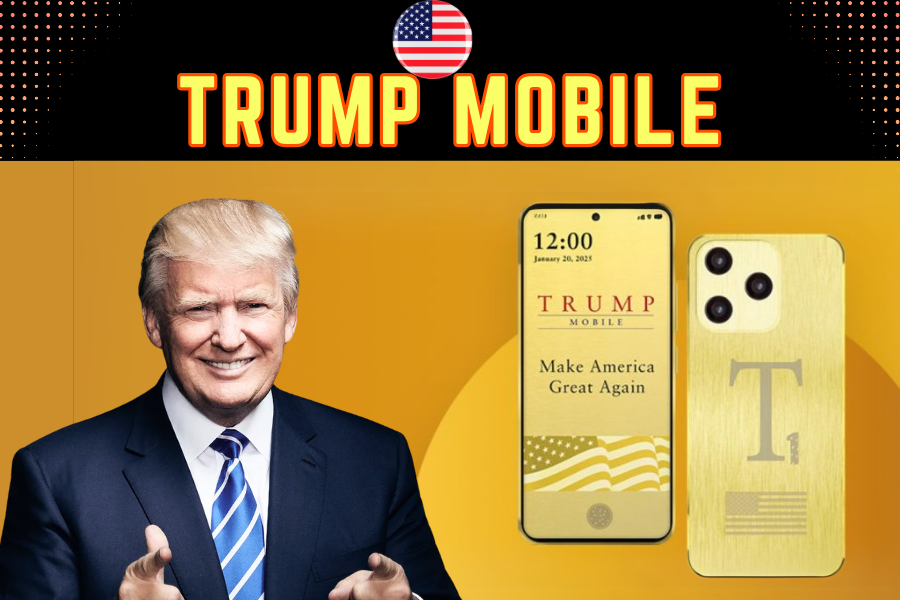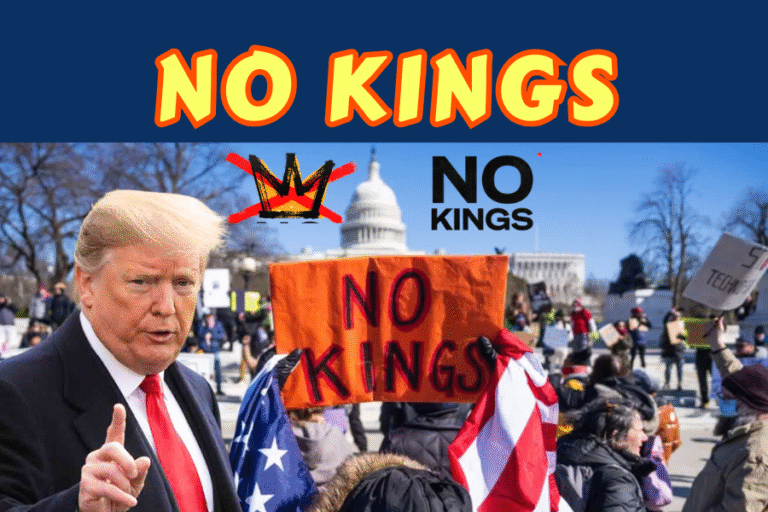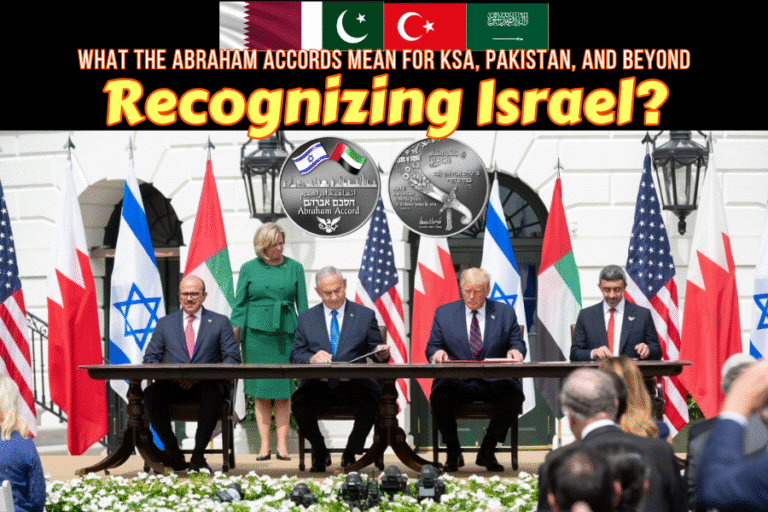(By Khalid Masood)
On June 16, 2025, beneath the gilded chandeliers of Trump Tower, Donald Trump Jr. and Eric Trump unveiled Trump Mobile, a wireless service and smartphone brand poised to challenge America’s telecom titans. Launched on the 10th anniversary of Donald Trump’s 2016 presidential campaign, this venture marries the Trump family’s knack for branding with a patriotic pitch: American-made phones, U.S.-based service, and a promise to serve “real Americans.” With a $47.45/month plan dubbed “The 47 Plan” and a $499 gold-hued T1 Phone, Trump Mobile targets conservative consumers in a $300 billion market. Yet, as the Trump Organization ventures beyond sneakers and Bibles, questions of feasibility, ethics, and market fit loom large. This article dissects Trump Mobile’s offerings, strategy, challenges, and prospects, revealing a high-stakes gamble in a fiercely competitive arena.
The 47 Plan: A Patriotic Pitch with Premium Pricing
The cornerstone of Trump Mobile is “The 47 Plan,” priced at $47.45/month, a deliberate nod to President Donald Trump’s 45th and 47th presidencies. Unveiled as an “all-American” alternative, the plan offers a robust package designed to appeal to value-conscious yet loyal consumers:
- Unlimited Talk, Text, and Data: Leveraging 5G networks through partnerships with AT&T, Verizon, and T-Mobile, Trump Mobile operates as a Mobile Virtual Network Operator (MVNO), ensuring nationwide coverage without owning infrastructure.
- No Contract, No Credit Check: A flexible, consumer-friendly model, allowing users to keep existing phones and numbers, reducing switching barriers.
- Value-Added Services: Free 24/7 roadside assistance, telemedicine for virtual doctor visits, and unlimited texting/calling to over 100 countries, positioning the plan as a lifestyle bundle.
- U.S.-Based Customer Service: Eric Trump emphasized call centers in St. Louis, Missouri, contrasting with offshore alternatives in Bangladesh, aligning with the “America First” ethos.
Priced at $47.45, The 47 Plan is notably higher than competitors like Boost Mobile or Verizon’s Visible ($25/month) or T-Mobile and Spectrum ($30/month), which offer similar unlimited services. The inclusion of telemedicine and roadside assistance—services typically costing more than the plan’s fee—raises questions about profitability, with analysts suggesting reliance on third-party providers or subsidized pricing to attract subscribers. While the no-contract model and military family perks (free long-distance calls) enhance appeal, the premium price may limit adoption beyond Trump’s MAGA base, estimated at 30–40% of U.S. voters.
The T1 Phone: Gold Glamour Meets Mid-Range Reality
Complementing The 47 Plan is the T1 Phone, a gold-colored Android smartphone priced at $499, available for pre-order with a $100 down payment and delivery slated for September 2025 (though some sources cited August). Designed to embody Trump’s luxury aesthetic, the T1 boasts:
- Display: A 6.8” AMOLED screen with a 120Hz refresh rate, delivering vibrant visuals and smooth scrolling.
- Camera System: A triple setup with a 50MP main sensor and two 2MP support cameras, adequate for casual photography but trailing flagship competitors.
- Battery: 5,000mAh capacity with 20W fast PD charging, ensuring all-day usage.
- Security: Fingerprint sensor and AI face unlock for convenience.
- Storage and OS: 256GB storage, running Android 15, offering modern software capabilities.
- Design: A gold metal case etched with an American flag, with “Make America Great Again” displayed on the screen, catering to patriotic sensibilities.
The T1’s mid-range specifications position it against devices like the Google Pixel 8a or Samsung Galaxy A54, but its $499 price is steep for a new brand lacking Apple or Samsung’s ecosystem. Social media posts on X highlight the phone’s specs, with @TechyPathshala noting its “vibrant display” and “long-lasting battery”. However, the claim of U.S. manufacturing is contentious, as the U.S. lacks significant smartphone production infrastructure due to high labor costs and Asian-dominated supply chains. The Trump Organization’s silence on the manufacturing partner fuels speculation of rebranded imports or limited assembly in the U.S., undermining the “Made in USA” narrative.
Marketing Strategy: Leveraging the Trump Brand
Trump Mobile’s marketing strategy is a masterclass in populist branding, rooted in the Trump family’s decade-long fusion of politics and commerce. Key elements include:
- Patriotic Messaging: Donald Trump Jr.’s claim of serving “real Americans” and Eric Trump’s focus on “customer service by Americans for Americans” tap into nationalist sentiments, contrasting with globalized tech giants like Apple, which Trump has criticized for Chinese and Indian manufacturing
- Political Symbolism: The $47.45 price, T1’s gold finish, and MAGA slogan align with Trump’s 47th presidency, unveiled on the 2016 campaign’s 10th anniversary, a date Eric Trump called “historic”
- Target Audience: Conservative consumers, particularly MAGA supporters, estimated at 74 million voters in 2024, are the core demographic, with X posts like @FinalTelegraph praising the venture’s “patriotism”
- Social Media Amplification: Trump’s massive online presence, with millions of followers, ensures visibility, as seen in X buzz from @novarealinvest detailing the T1’s specs
- Value Proposition: Telemedicine and roadside assistance position Trump Mobile as a lifestyle brand, with military perks (free calls) appealing to veterans and families.
The strategy mirrors past Trump ventures—sneakers ($2.5M), watches ($2.8M), and “Save America” books ($3M)—which netted $600M in 2024 via licensing deals. However, earlier flops like the American Idea and Scion hotels, unveiled with similar fanfare, suggest limits to brand-driven ventures. The 2015 ACN telecom scheme, sued for fraud, casts a shadow, with critics noting Trump Mobile’s reliance on hype over substance.
Competitive Landscape: A Crowded Arena
The U.S. telecom market, valued at over $300 billion annually, is a fortress guarded by AT&T, Verizon, and T-Mobile, with MVNOs like Boost Mobile and Visible carving low-cost niches. Trump Mobile’s challenges include:
- Pricing: The $47.45 plan exceeds competitors’ $25–$30 unlimited offerings, potentially alienating price-sensitive consumers beyond MAGA fans.
- Brand Equity: The T1 Phone lacks the ecosystem of Apple or Samsung, whose iPhones and Galaxies dominate 80% of the U.S. smartphone market.
- Scale: As an MVNO, Trump Mobile relies on major carriers’ infrastructure, limiting cost advantages. US Mobile CEO Ahmed Khattak noted, “It’s not a zero-sum game,” suggesting niche potential but no major disruption. .
- Polarization: X posts warn of political alienation, with @PiQSuite noting “hype” but questioning “network reach”. Unlike Patriot Mobile, a conservative MVNO with 1% market share, Trump Mobile’s high-profile branding may cap broader appeal.
Past Trump ventures, like the 2015 ACN debacle, highlight execution risks. The hotel flops—American Idea and Scion—failed to scale beyond loyalists, a cautionary tale for Trump Mobile’s ambitions.
Ethical and Regulatory Shadows
Trump Mobile’s launch, during President Trump’s second term, ignites ethical debates:
- Conflicts of Interest: The Federal Communications Commission (FCC), under Chairman Brendan Carr, regulates Trump Mobile’s carrier partners (AT&T, Verizon, T-Mobile). Critics like Meghan Faulkner of Citizens for Responsibility and Ethics in Washington warn of influence peddling, as seen in Trump’s first-term hotel scandals.
- Regulatory Risks: Trump’s 25% tariff threat on Apple’s India-made iPhones could benefit Trump Mobile, raising concerns of policy favoritism. The FCC’s oversight of 5G partners, especially T-Mobile (with a similar name), invites scrutiny.
- Security Concerns: The 2024 Chinese telecom hack, compromising Trump’s calls, exposed U.S. network vulnerabilities. Trump Mobile’s U.S.-based pitch may resonate, but its reliance on third-party manufacturing undermines security claims (web:14).
- Licensing Model: Trump Mobile LLC, a Florida entity, licenses the Trump name, limiting the Trump Organization’s liability but not regulatory exposure. Financial disclosures show $8M from 2024 licensing, amplifying conflict concerns.
- The venture’s boldness, per Eric Trump, reflects a second term unburdened by first-term caution, but critics argue it blurs public and private interests, risking regulatory backlash.
Consumer Sentiment: A Polarized Reception
Social media on X captures a divided response:
- Supporters: @novarealinvest lauds the “America-First” T1 Phone, detailing its $499 price and gold design. @FinalTelegraph calls it a “brilliant fusion of business and patriotism”.
- Skeptics: @myLongbow mocks the “Magaphone,” questioning its appeal (post:7). @PiQSuite notes “pricing appeal” but warns of “political polarization”.
- Tech Enthusiasts: @TechyPathshala’s spec-focused post gains traction, suggesting interest beyond politics.
The sentiment mirrors Trump’s brand: fervent loyalty among MAGA fans, skepticism from moderates, and curiosity from tech niches. Trump’s social media clout ensures visibility, but converting buzz into subscribers requires broader appeal.
Future Prospects: Niche or Flop?
Trump Mobile’s trajectory depends on several factors:
- Market Niche: Like Patriot Mobile, it could capture 1–5% of conservative consumers, leveraging Trump’s 74 million 2024 voters. However, scaling to 10% market share requires competitive pricing and quality.
- Execution: The T1 Phone’s delivery (September 2025) and service reliability are critical. Past flops (ACN, Scion) highlight execution risks.
- Regulatory Navigation: Avoiding FCC scrutiny and proving U.S. manufacturing claims are paramount, especially amid tariff threats.
- Innovation: Telemedicine and roadside assistance are novel, but cost management and network stability are make-or-break.
The $600M crypto windfall in 2024 shows Trump’s tech ventures can thrive, but telecom’s high barriers—unlike low-risk licensing deals—demand operational rigor. A niche success is plausible, but a market revolution is unlikely.
Trump Mobile at a Glance
| Feature | Details |
|---|---|
| Service Plan | The 47 Plan: $47.45/month, unlimited talk, text, data, 5G access |
| Value-Added Services | Telemedicine, 24/7 roadside assistance, unlimited calls/texts to 100+ countries |
| Contract | No contract, no credit check, keep existing phone/number |
| Smartphone | T1 Phone: $499, gold Android, 6.8” AMOLED, 50MP camera, 5,000mAh battery |
| Availability | Service live now, T1 Phone pre-order ($100 deposit), delivery September 2025 |
| Network | MVNO using AT&T, Verizon, T-Mobile 5G networks |
| Target Market | Conservative consumers, MAGA supporters, patriotic Americans |
| Ethical Concerns | Conflicts of interest, FCC regulation, Trump’s policy influence |
Conclusion: A Test of Brand and Ambition
Trump Mobile, with its gold T1 Phone and “The 47 Plan,” is an audacious bet on the Trump brand’s enduring pull. In a $300 billion telecom market, it wields patriotism and populism to court MAGA loyalists, promising American jobs and values. Yet, ethical clouds, dubious manufacturing claims, and premium pricing temper its disruptive dreams. As Donald Trump Jr. vows to “change the game,” Trump Mobile stands at a crossroads: a niche triumph for conservatives or another over-hyped venture doomed to fade. In America’s polarized landscape, its fate will gauge whether the Trump name can transcend politics to redefine telecom—or merely gild another fleeting venture.







